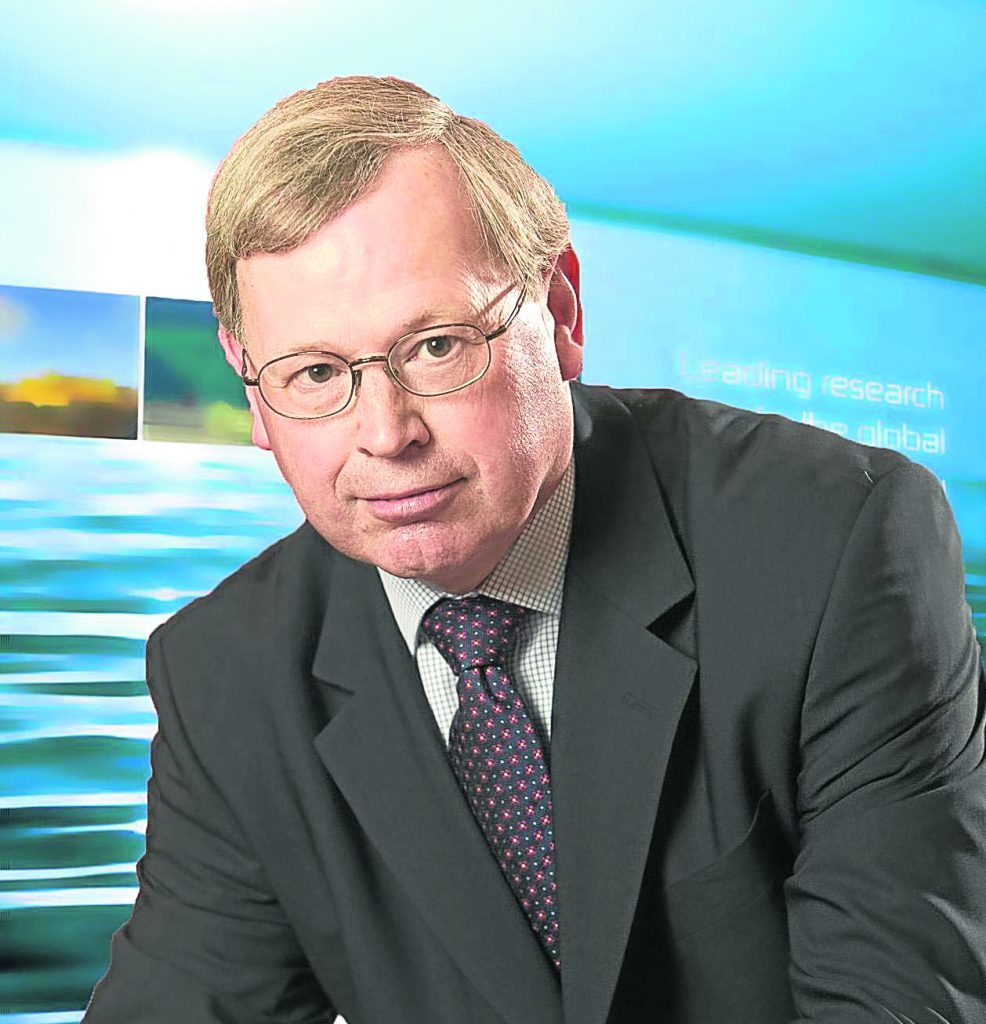
A late stalwart of the oil and gas industry has bequeathed a “major sum” to the National Maritime Acquarium (NMA) in Plymouth.
David Pridden died at the age of 66 in November, following a battle with cancer.
Mr Pridden, the inaugural head of industry body Subsea UK, has left funds to the NMA to boost its national “Schools Outreach” programme.
The scheme helps children learn about the marine environment and engineering from an early age.
Mr Pridden’s only stipulation was that the money had to be match-funded by individuals or organisations, in a bid to get the industry more involved in encouraging young people.
For every £25,000 raised, the NMA can draw down funds against Mr Pridden’s bequest.
He already fully funded two pilot schemes for the project at £50,000 each in Cardiff and Newcastle.
David Pridden had a long an illustrious career in oil and gas, and was most recently chairman of Seanamic Group.
He held a variety of senior positions in both large and small subsea oil and gas and marine renewables companies, including launching and successfully growing his own business.
He was passionate about attracting young people into subsea engineering and in his position as chairman of trustees at the NMA, he helped the organisation increase learning opportunities for future generations.
Roger Maslin, CEO for the National Marine Aquarium, said: “David’s legacy demonstrates the affection and esteem in which he held our institution.
“He was passionate about the potential of the aquarium to be so much more than a visitor attraction by building on its appeal to create imaginative, valuable and relevant learning experiences for young people. We’re incredibly grateful for his generosity which will enable us to accelerate our national roll-out of the outreach programme.
“His request that match-funding is required underlines his strong belief that industry should be more involved in engaging young people, stimulating their interest in the marine environment and engineering at an early age, so that there is a sustainable pipeline of talent coming into industry.”
Launched during British Science Week in March, the programme saw more than 800 schoolchildren have the opportunity to use new virtual reality video programmes using headsets.
The aim is to now have regional VR equipment packages at outreach hubs which could be used by over 100 primary schools across the UK.
Mr Maslin added: “We are now actively seeking funding partners from industry to make sure we can benefit from David’s generous bequest.
“To successfully deliver the scheme, we will tweak the original model used in Plymouth so workshops are delivered effectively without the back-up of the ‘mothership’ aquarium.”
Recommended for you

